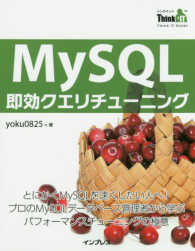Full Description
This work seeks to provide a fresh examination of the relationship between religion, identity and security in a globalizing world, arguing that in order to address human security issues we must seek a reconceptualization of human security along post-secular lines.
Religion, Identity and Human Security seeks to demonstrate that a major source of human insecurity comes from the failure of states around the world to recognize the increasing cultural diversity of their populations which has resulted from globalization. Shani begins by setting out the theoretical foundations, dealing with the transformative effects of globalization on identity, violence and security. The second part of the volume then draws on different cases of sites of human insecurity around the globe to develop these ideas, examining themes such as:
securitization of religious symbols
retreat from multiculturalism
rise of exclusivist ethno-religious identities post- 9/11
state religion, colonization and the 'racialization' of migration
Highlighting that religion can be a source of both human security and insecurity in a globalizing world, Shani offers a 'critical' human security paradigm that seeks to de-secularize the individual by recognizing the culturally contested and embedded nature of human identities. The work argues that religion serves an important role in re-embedding individuals deracinated from their communities by neo-liberal globalization.
Contents
Introduction: Religion, Identity and Security
Part I: Reconceptualizing Human Security in a Post-Global Age
1. Globalization and Identity After the Financial Crisis
2. Globalization, Religion and Violence
3. Reconceptualizing Security: Towards a Critical Human Security Paradigm
Part II: Sites of Human Insecurity
4.De/Securitizing 'Religious' Symbols
5. The Retreat from Multiculturalism
6. The rise of exclusivist ethno-religious identities post- 9/11
7. State religion, colonization and the 'racialization' of migration
8. Conclusion








